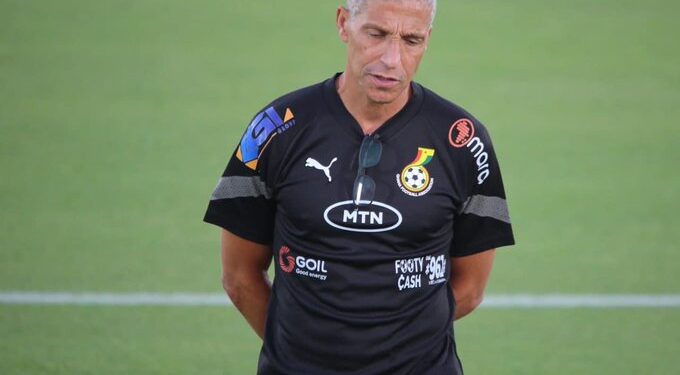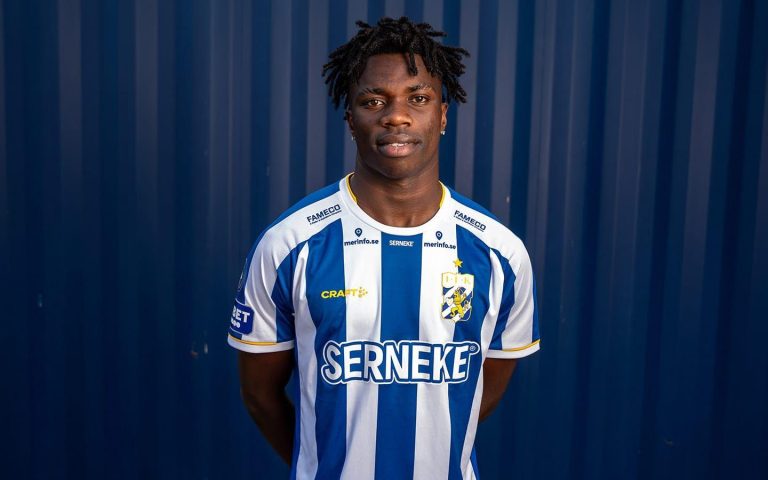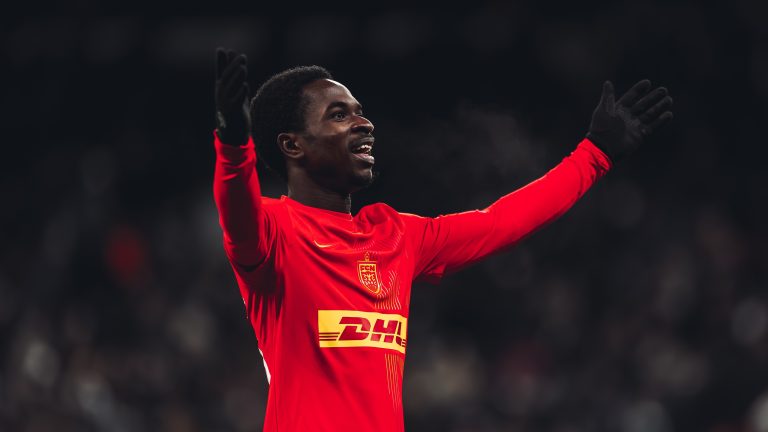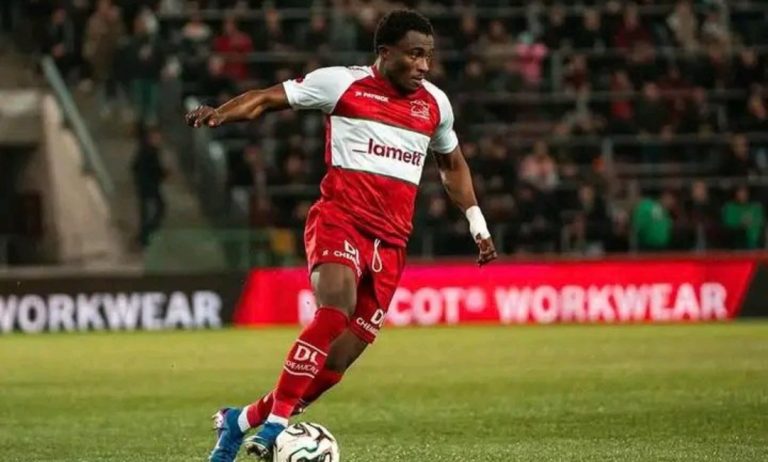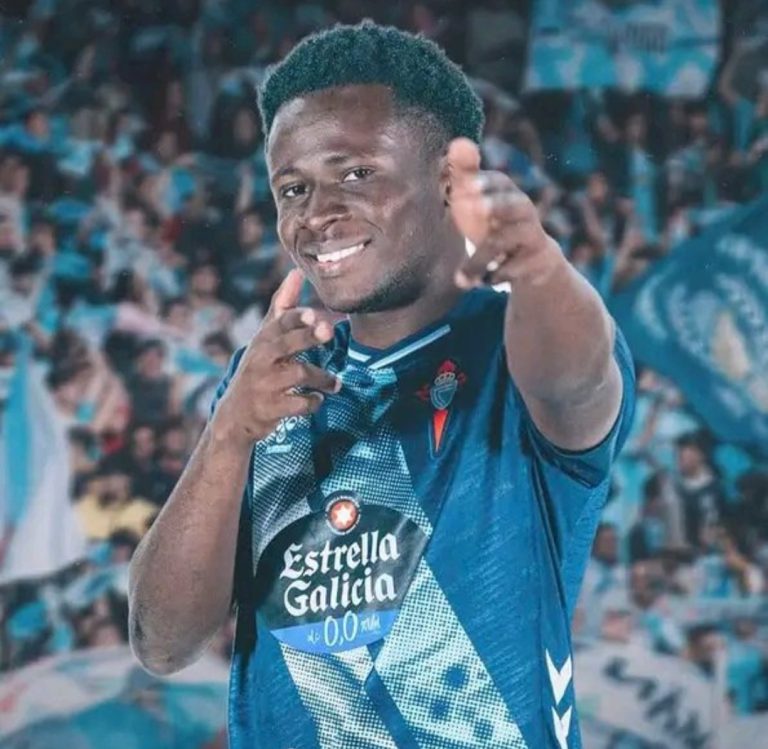In the aftermath of Ghana’s closely contested match against Comoros, the coach, Chris Hughton, found himself grappling with a mix of conflicting emotions.
Despite affirming his belief that Ghana had been the superior team, Hughton’s frustration lingered, crystallizing around a singular moment – the conceded goal that marred an otherwise promising performance.
As the post-match interviews unfolded, Hughton’s tone reflected a coach torn between pride and disappointment. “I thought Ghana were the better team,” he asserted, his words echoing with conviction. Yet, it was the concession of what he deemed a “poor goal” that dominated his reflections, overshadowing the team’s commendable efforts.
In the coach’s analysis, the conceded goal represented more than a mere statistical setback. It was a missed opportunity, a lapse in defensive focus that allowed the opposition to seize control of a game that Ghana had, in Hughton’s eyes, dominated for the most part.
“We conceded what we regarded as a poor goal to concede,” Hughton candidly admitted, the frustration palpable in his voice. This acknowledgment transcended the immediate disappointment of the defeat; it underscored a commitment to high standards and an expectation that the team should have done better defensively.
The coach’s disappointment extended beyond defensive lapses, touching on another critical aspect of the game – the inability to capitalize on scoring opportunities. Hughton’s remarks hinted at a sense of regret, as he highlighted the team’s struggle to convert chances into goals, a factor that could have tipped the balance in Ghana’s favor.
“I thought Ghana were the better team,” Hughton stated, emphasising his belief in the team’s overall performance. However, his frustration was palpable as he criticized the conceded goal, considering it a missed opportunity to maintain control of the game.”
“We conceded what we regarded as a poor goal to concede, and we were not able to capitalize on the chances that we had,” Hughton remarked, underscoring the team’s inability to convert scoring opportunities.
As a result of the defeat, the Black Stars remain at three points after two rounds of games, while Comoros ascends to the top of the group with four points from two matches.
Looking forward, Ghana’s focus will shift to the 2023 Africa Cup of Nations, scheduled for January 2024 in Ivory Coast.
The team, under Hughton’s leadership, will aim to regroup and make a strong showing in the continental competition after the setback in the World Cup qualifiers.


